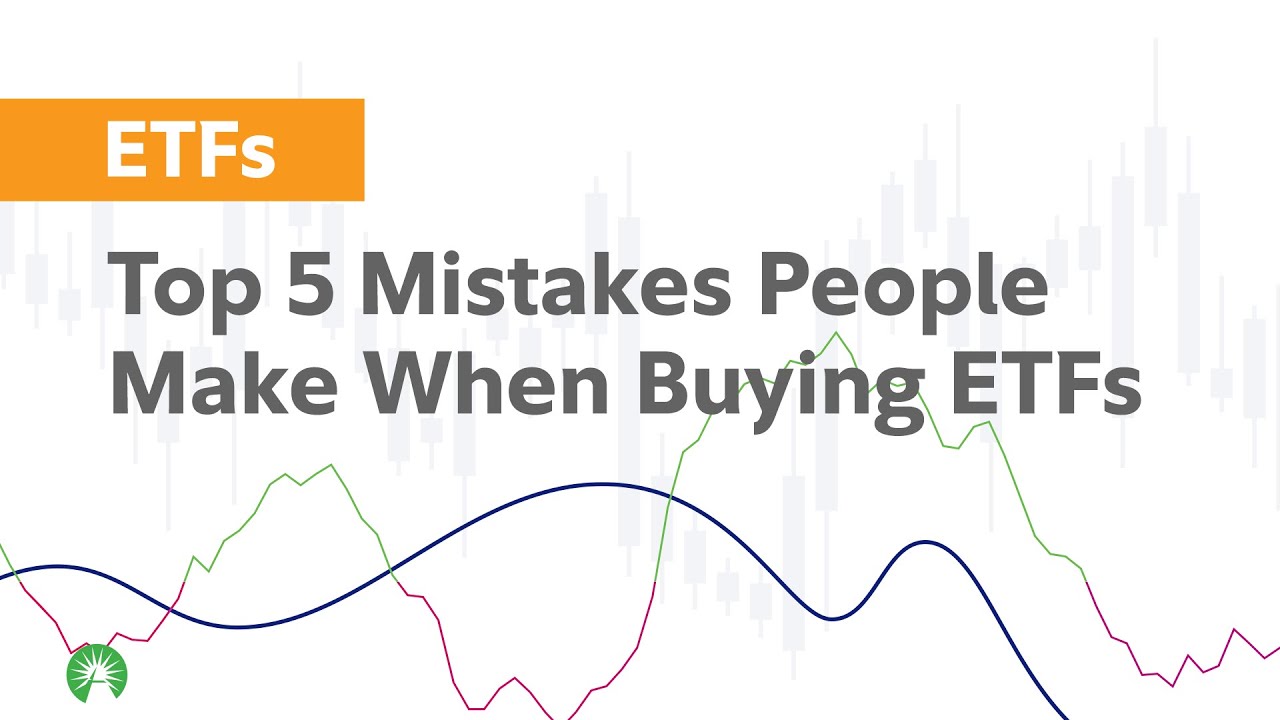An excellent way to find stocks to buy is by examining the holdings of exchange-traded funds (ETFs) that focus on the subject matter you’re interested in. In this case, safe blue-chip stocks.
Investopedia defines blue-chip stocks as follows: “These are typically large, well-established, and financially sound companies that have operated for many years and that have dependable earnings, often paying dividends to investors.”
So, if you want to invest in a blue-chip healthcare company, Johnson & Johnson (NYSE:JNJ) comes to mind. On the other hand, if you desire an industrial company, Deere & Co. (NYSE:DE) would be good. You get the idea. One more iconic name and I’d have my three safe blue-chip stocks to buy!
However, I’ve instead chosen to select my three picks from the top holdings of the actively managed Fidelity Blue Chip Growth ETF (BATS:FBCG) and Fidelity Blue Chip Value ETF (BATS:FBCV). These two ETFs invest in well-known, well-established and well-capitalized companies, applying growth screens and value screens, respectively.
Here are my three picks for safe blue-chip stocks to buy.
| AAPL | Apple | $158.28 |
| BRK-B | Berkshire Hathaway | $302.14 |
| CMCSA | Comcast | $36.40 |
Apple (AAPL)
Apple (NASDAQ:AAPL) is the largest holding of FBCG with a nearly 10% weighting. After losing more than a quarter of its value in 2022, the stock has rebounded, up 22% so far in 2023.
In addition to dominating the U.S. smartphone market, Apple’s iPhone is gaining market share globally. And although the company saw its first year-over-year revenue decline since 2019 in its most recently reported quarter, there’s little concern among the analyst community.
Of the 39 analysts covering the stock, 30 rate it “buy” or “overweight,” with a median target price of $173. That’s 9% above the current share price.
The company’s revenue and earnings per share (EPS) are forecast to decline slightly this year amid a challenging macroeconomic environment. Yet, analysts are expecting revenue growth of 6.9% in 2024 to $415.6 billion and EPS growth of 10.9% to $6.61.
One bright spot in Apple’s latest quarterly earnings was the company’s Services revenue, which rose 6.4% year over year to $20.8 billion, exceeding expectations. According to data from Finbold, the revenue generated from Apple’s Services sector alone — $79.4 billion in 2022 — was higher than the total revenue of several Fortune 500 companies.
Apple’s Services sector includes Apple TV+, which the company has been working to build out as a competitor to other top streaming services. The company’s hit show, Ted Lasso, is currently in its third and final season.
Last week, Apple announced plans to spend $1 billion annually to release films in movie theaters to continue building awareness for its streaming service. With $51.4 billion in cash on hand, Apple has plenty of money to do so… and to weather an economic downturn.
Berkshire Hathaway (BRK-B)
Berkshire Hathaway (NYSE:BRK-B) is the second-largest holding of FBCV with a 5.1% weighting. I chose Berkshire over top holding Exxon Mobil (NYSE:XOM), which has a 5.3% weighting, because Berkshire already has significant energy holdings through its operating subsidiary, Berkshire Hathaway Energy, and its large equity positions in both Chevron (NYSE:CVX) and Occidental Petroleum (NYSE:OXY).
Berkshire Hathaway remains the cheapest fund you can own with zero fees, above-average long-term capital appreciation, and a newly acquired desire to buy back its stock at reasonable prices.
“Every small bit helps if repurchases are made at value-accretive prices,” Buffett wrote in the 2022 Berkshire shareholder letter. “Just as surely, when a company overpays for repurchases, the continuing shareholders lose.”
In 2022, Berkshire repurchased 1.2% of its outstanding shares. In 2020 and 2021, it repurchased 9% of its stock. With its Class B shares trading above $300, Buffett could be buying. Berkshire paid an average of $303.83 per Class B share in December.
I’ve always believed that if Berkshire Hathaway were to carry out a controlled sale over several years, the proceeds would be considerably more than $300 a share. So it is a sum-of-the-parts investment.
Comcast (CMCSA)
Comcast (NASDAQ:CMCSA) is the third-largest holding in FBCV with a weighting of 3%. Comcast stock has performed poorly over the past five years. It’s up 6.5% compared to a 50.6% gain for the S&P 500. So, it is definitely in the value play camp.
In early March, the giant Ontario Teachers’ Pension Plan increased its stake in the cable and media conglomerate by a considerable amount, buying 12.7 million shares of CMCSA in the quarter.
Barron’s recently pointed out that Comcast’s cash-return yield is so high right now it could be worth buying. The cash-return yield is the dollar amount of shares repurchased in a year plus the dividends paid to shareholders. Divide the total by market capitalization, and you get your cash-return yield.
Comcast is expected to buy back $14 billion of its stock in 2023 while also paying out $4.89 billion. Based on its current market cap of $153.5 billion, it has a cash-return yield of 12.3%. That’s 3.5 times the 10-year Treasury note yield of 3.5%.
Of the 32 analysts that cover CMCSA stock, 17 rate it “overweight” or “buy.” The median target price of $43.50 is 19.5% higher than where shares currently trade.
On the date of publication, Will Ashworth did not have (either directly or indirectly) any positions in the securities mentioned in this article. The opinions expressed in this article are those of the writer, subject to the InvestorPlace.com Publishing Guidelines.
















